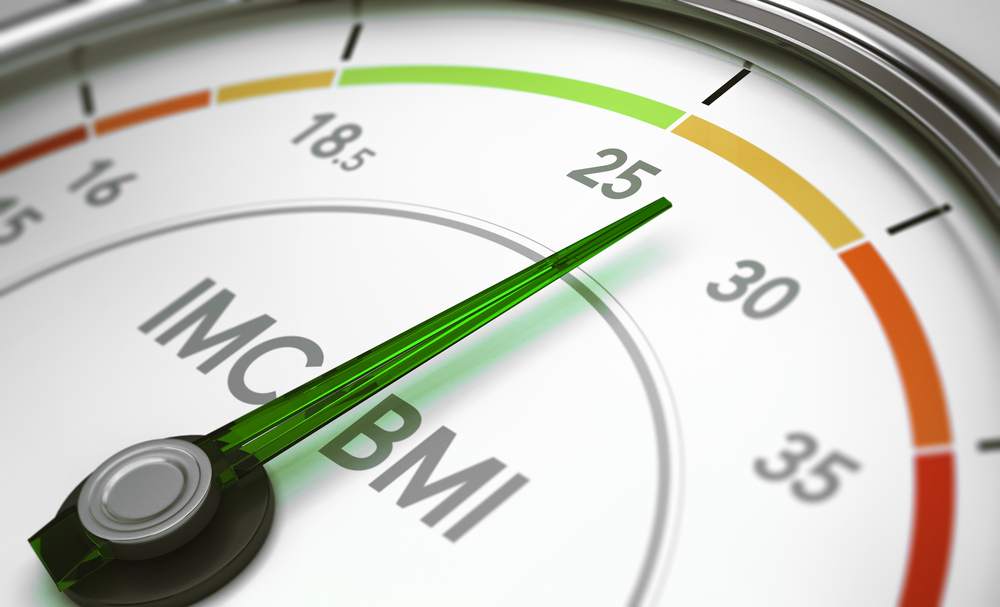Rapid Weight Gain May Signal Downward Spiral in IPF Patients, Study Suggests

Patients with idiopathic pulmonary fibrosis (IPF) who rapidly gain weight may have a poorer prognosis than those with lesser weight gains, particularly if they never smoked.
Researchers also linked to poorer survival a notable decline in lung function with one year, and a jump in the number of hospitalizations for airway problems.
The study, “Body mass index-percent forced vital capacity-respiratory hospitalization: new staging for idiopathic pulmonary fibrosis patients,” indicates that doctors need to focus on such issues as nutrition and weight management to improve the health and longevity of lung fibrosis patients. Nevertheless, the research team underscored that more studies are needed to confirm these findings. The report was published in the Journal of Thoracic Disease.
To identify factors driving disease progression in IPF, researchers at Okinawa Chubu Hospital in Japan analyzed the medical records of 65 IPF patients. They looked for changes in several factors during a one-year interval, including lung function tests and high-resolution computed tomography (CT) chest scans.
They discovered that a larger increase in BMI, as well as a more pronounced drop in percent predicted forced vital capacity (%FVC; a measure of lung function), predicted poorer survival in individual patients. Repeat respiratory hospitalizations were also linked to poor prognosis.
Based on the findings, the team built a model for predicting outcomes in IPF patients. They were able to create three categories, or stages. Patients in the first stage were light smokers with a better lung function and fewer hospitalizations during one year. They also gained relatively little weight.
Stage 2 patients were heavy smokers with high body mass index (BMI), and a larger change in both BMI and lung function.
Those with stage 3 IPF had a low initial BMI and never smoked, but gained weight and lost lung function rapidly. They also were hospitalized more often for airway problems.
Estimates showed that stage 3 patients survived for only 14.8 months. This radically differed from the 77.9 months for stage 1 patients, and 43.9 months for those classified as stage 2.
Most patients in the study were treated with prednisolone (a steroid and immunosuppressant), and researchers argued that the treatment, in suppressing the immune system, may be linked to the bacterial pneumonia that was seen to be the most common cause of death among the patients.
Since prednisolone and other corticosteroid drugs also tend to lead to weight gain, it’s possible an increasing BMI is linked to this treatment as well. But the researchers caution that it is necessary to confirm these associations in a prospective study, which should also focus on treating patients with newer drugs that do not induce weight gain.







